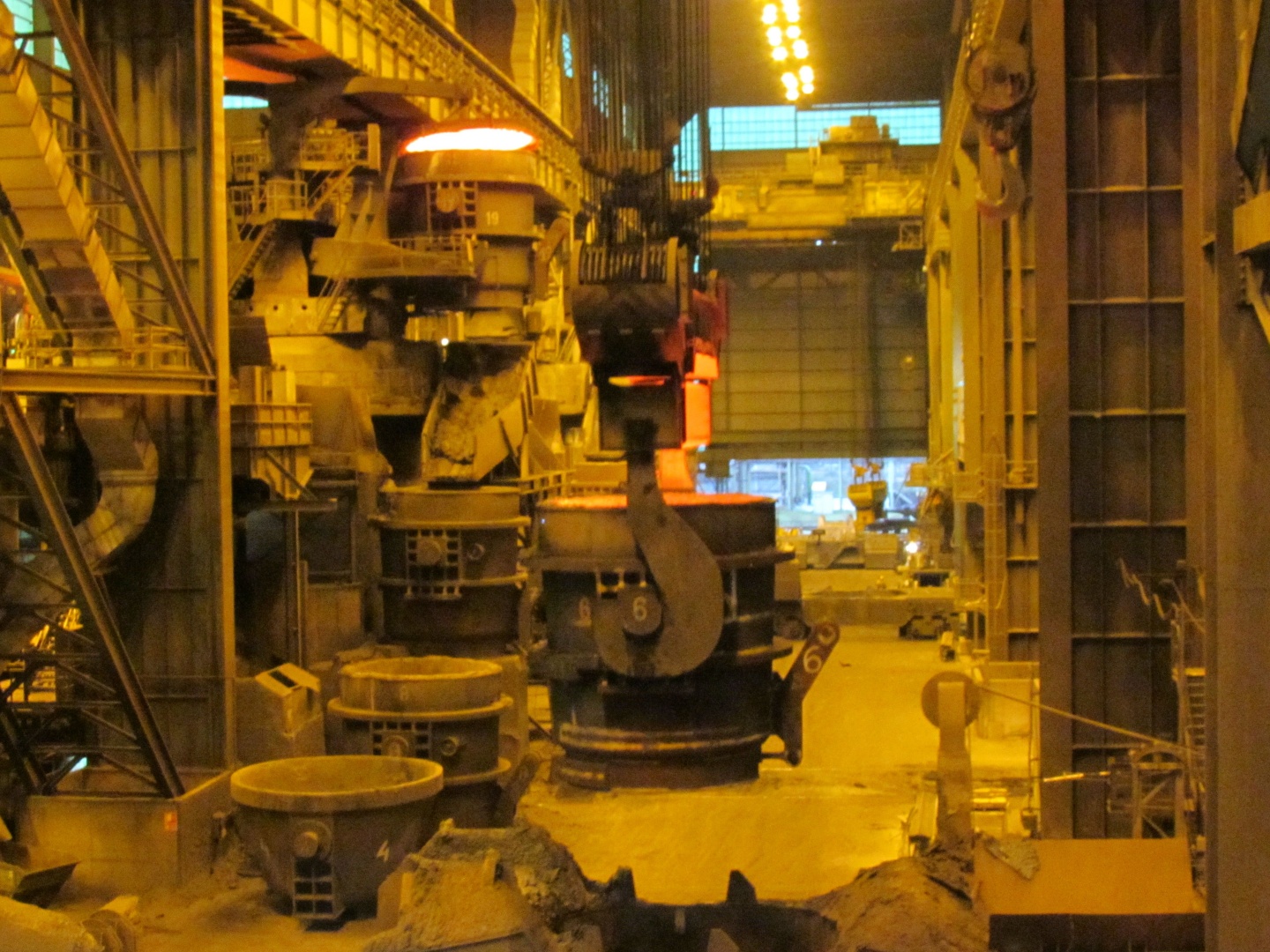3 December, 2015The OECD High Level Steel Committee held its latest meeting in Paris-France to discuss the current global steel crisis. Of the more than 140 participants from governments, industry and trade unions, there was one government missing at this critical time for the sector; China.
Fernando Lopes, IndustriALL assistant general secretary, said:
“It is unacceptable for any government to try to opt into those global institutes that it sees as beneficial and then opt out of those that ask difficult questions.”
Recent developments in the sector have seen around 30 per cent of trade defence cases globally concern steel. Steel now leads the list of sectors affected by trade distorting measures and almost 20 per cent of all measures implemented impact the sector.
Unfair trade cases involving steel are now increasing at a rapid pace and have reached historically high levels. The main cause of the current escalation in trade measures is excess capacity that is resulting in over- supply to markets and trade disturbances across global steel markets. IndustriALL highlighted in its Pittsburgh Declaration 2015 that it believes China is dumping 90 million tons of steel into global markets.
Countries that previously did not commonly use steel trade remedies are now resorting to those measures, like Chile, Egypt, Pakistan, Indonesia, India, Malaysia, Morocco, Thailand, Turkey.
At this critical time for the steel sector IndustriALL within its OECD submission introduced a five-point recovery plan, out lining the following:
- The OECD must play a more active role in ending the current steel dumping taking place. Ensuring WTO Rules are respected.
- The OECD should explore and recommend mechanisms that would normalise the situation in the steel sector. One such mechanism would be a jobs adjustment tax (this would work like a border adjustment tax-but look at the impact on local employment as part of its assessment criteria).
- The OECD should ensure that all parties to the High Level Steel Committee act responsible and are held accountable for their actions.
- A standing agenda item for future meetings should be an update on on-going trade cases, who has filed them and against which parties.
- The OECD Secretariat should carry out a research study into the likely impact on the steel industries future sustainability in member countries should the current situation be allowed to continue.
Rob Johnston speaking for IndustriALL informed participants
“We believe the sector is no longer facing just a problem, it is clear we now have a crisis. Our members are paying for in-action with their jobs and communities. We need action and we need it now.”
